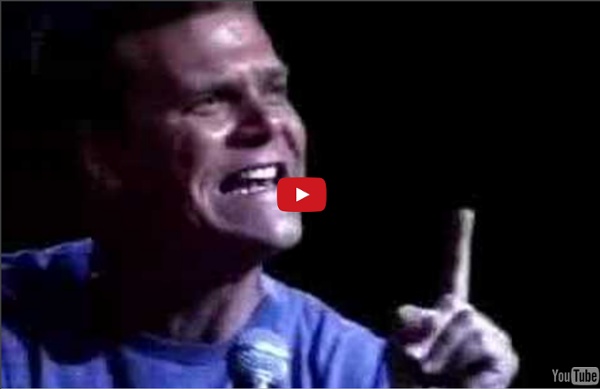Taylor Mali on "What Teachers Make"

Infographic: United States of the Environment
In the spirit of two popular infographics that map out the best and worst of all 50 U.S. states — the United States of Awesome and the United States of Shame — MNN decided to see how each state shines or suffers in regard to environmental and public health. Our "United States of the Environment" maps depict each state's No. 1 and No. 50 ranking for issues such as conservation, agriculture, energy efficiency, disease prevalence, pollution, natural resource availability and education, among others. Check out the two maps below, and see our list of states, stats and sources for more information. Sources for "good U.S." map:Alabama: Lowest rate of alcohol abuse or dependence (U.S. Substance Abuse and Mental Health Services Administration) Alaska: Most wetlands (U.S.
Louis C.K. Says the Darndest Things to Kids
Global Warming: Early Warning Signs
Louis CK's stupid dog
Danny Bhoy 2007
David Mitchell Funny Joke
Driving the Fire SUV
How George Carlin deals with Globalism (NWO)
George Carlin you are a slave
Dylan Moran - Australia, Melbourne (2006) - CZ
Bill Hicks on Presidential Agendas
Bill Hicks shock and awe (FULL)
Related:
Related:



